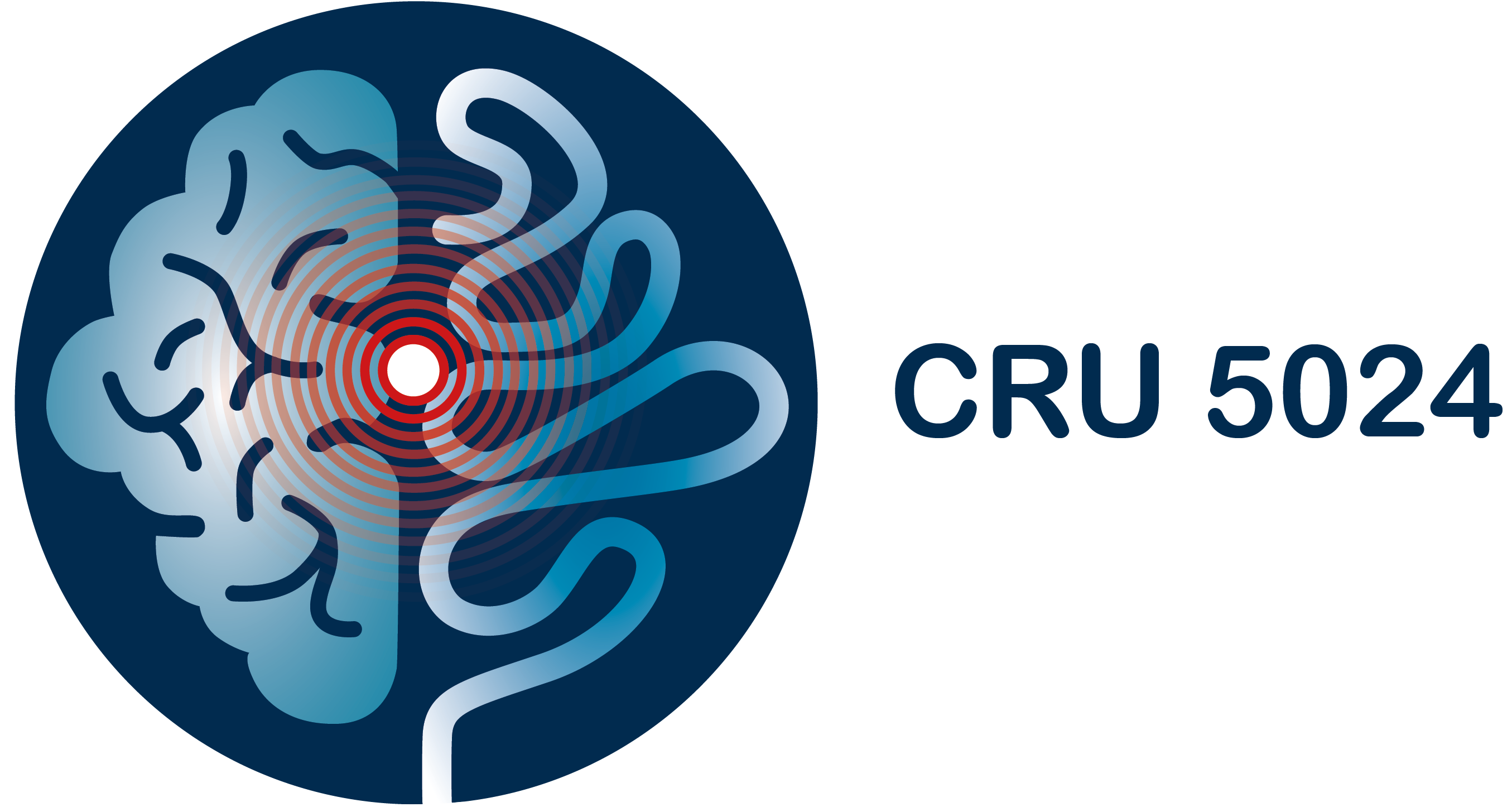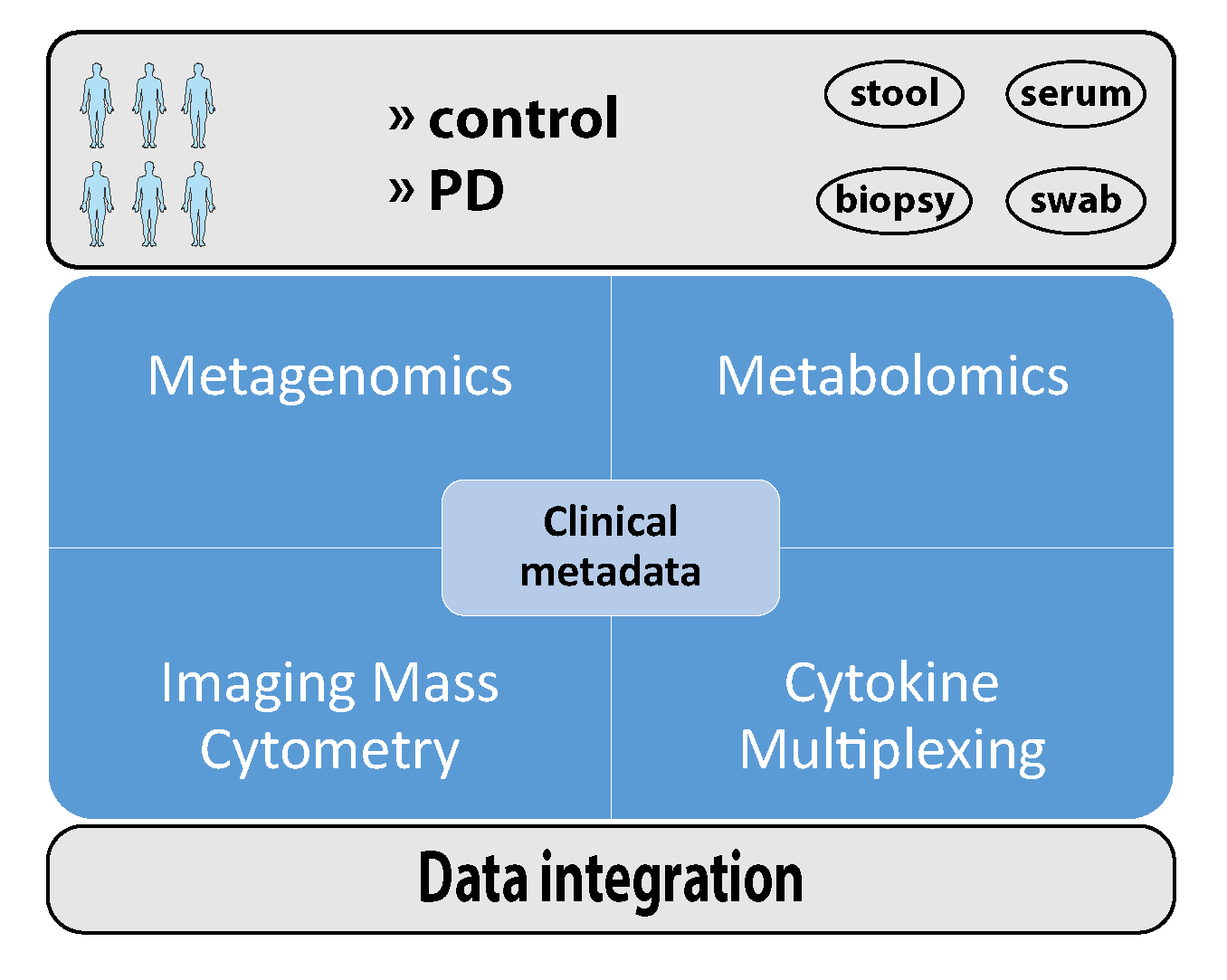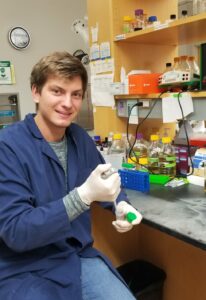Project A04
Role of dysbiotic microbiota for immune cell neuronal communication in the pathogenesis of Parkinson disease
Project Description
Parkinson disease (PD) is a complex neurodegenerative disorder characterized by formation of insoluble α-synuclein aggregates and progressive degeneration of dopaminergic neurons. Although the underlying cause of PD remains elusive, there is emerging evidence that alterations in the multidirectional communication between neurological, immunological and microbial constituents of the gut-brain axis contribute to disease initiation and progression. In line with this, previous studies by others and us have reported altered microbiome patterns in PD.
However, how dysbiosis functionally contributes to disease development within both the enteric and central nervous system is incompletely understood. Within this project, we will use multi-omics approaches to precisely characterize microbial and metabolic patterns in treatment naïve and early PD patients and study how specific PD associated bacterial taxa regulate the neuronal crosstalk with cells of the innate immune system via peptide mediators.
Project Leaders:
PD Dr. rer. nat. Dr. med. habil. Stefan Wirtz
Arbeitsgruppenleiter
Clinician Scientist:
MD Student:
Martin Weidenfeller
MD researcher
Associated Members:







